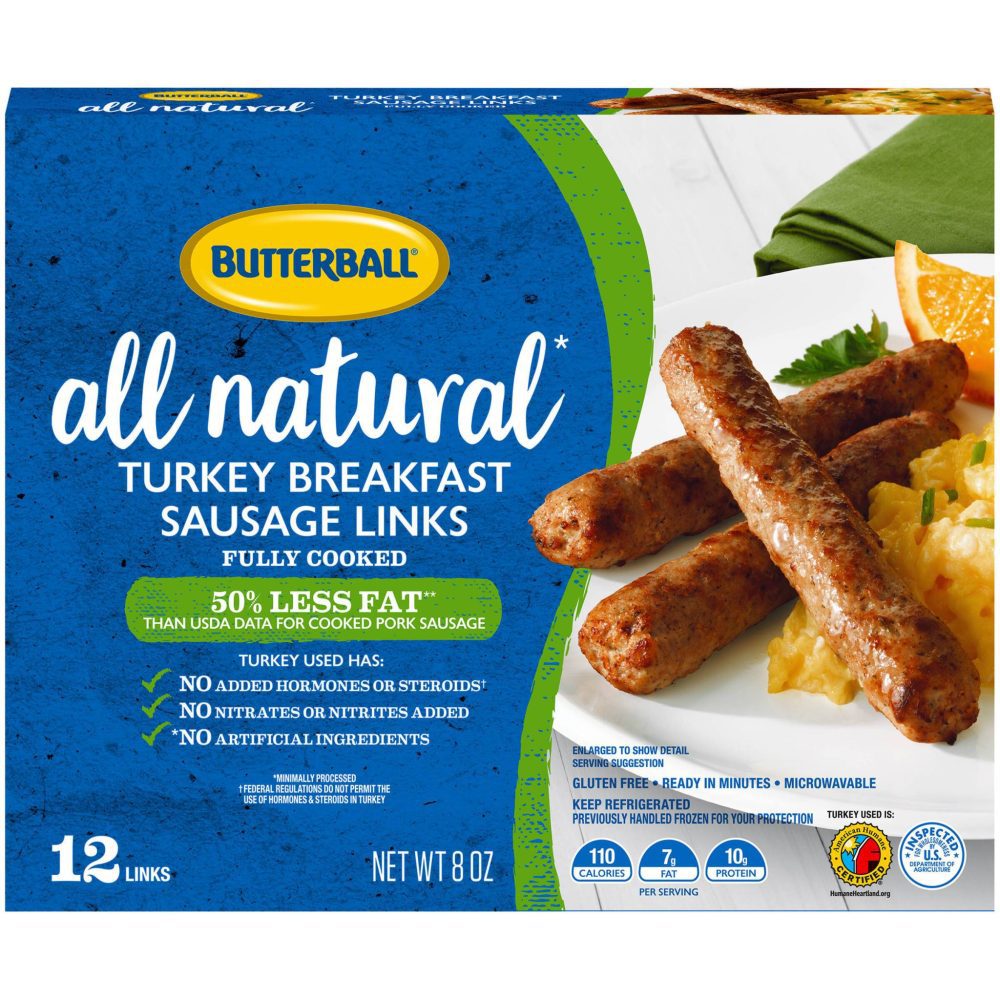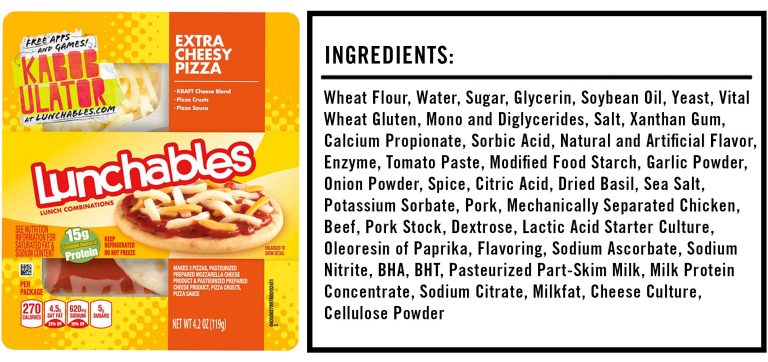Turkey Sausage Links Nutrition
Turkey Sausage Links Nutrition: A Healthy and Delicious Choice
If you’re looking for a tasty and nutritious alternative to traditional pork sausage links, look no further than turkey sausage links. These flavorful links offer a host of health benefits while still satisfying your cravings for a hearty breakfast or a tasty addition to your favorite recipes. In this article, we will explore the nutritional profile of turkey sausage links, how they compare to other types of sausages, and their potential impact on your health. So, let’s dig in!
The Nutritional Profile of Turkey Sausage Links
Turkey sausage links are a great source of lean protein, which is essential for building and repairing tissues, as well as supporting a healthy immune system. A typical serving of turkey sausage links (about 3 links or 85 grams) contains approximately:
– Calories: 130
– Protein: 16 grams
– Fat: 5 grams
– Carbohydrates: 3 grams
– Fiber: 0 grams
– Sodium: 570 milligrams
– Cholesterol: 60 milligrams

How Do Turkey Sausage Links Compare to Other Sausages?
When it comes to comparing turkey sausage links to other types of sausages, there are a few key factors to consider. Here’s how turkey sausage links stack up against their popular counterparts:
Fat Content: Turkey sausage links are significantly lower in fat compared to pork sausage links. Pork sausages can contain up to 20 grams of fat or more per serving, while turkey sausage links typically contain around 5 grams of fat per serving. This makes turkey sausage links a lighter and healthier option.
Calories: Turkey sausage links are also lower in calories compared to pork sausages. While pork sausage links can have over 200 calories per serving, turkey sausage links typically have around 130 calories. If you’re watching your calorie intake, choosing turkey sausage links can be a smart choice.
Cholesterol: Turkey sausage links have less cholesterol compared to pork sausages. While a serving of pork sausage links can have around 85 milligrams of cholesterol, turkey sausage links contain approximately 60 milligrams. For those with high cholesterol levels, opting for turkey sausage links can be a heart-healthy option.
Sodium: It’s important to note that turkey sausage links can be higher in sodium compared to some other sausages. A serving of turkey sausage links contains around 570 milligrams of sodium, which can be a concern if you’re following a low-sodium diet. However, it’s still lower in sodium compared to many pork and beef sausages.
The Health Benefits of Turkey Sausage Links
Choosing turkey sausage links as part of a balanced diet can have several health benefits. Here are some reasons why turkey sausage links can be a healthy addition to your meals:
1. Protein Powerhouse: Turkey sausage links are a great source of protein, which is essential for building and repairing tissues, producing enzymes and hormones, and supporting overall growth and development. Protein can also keep you feeling full and satisfied, helping to curb cravings and prevent overeating.
2. Leaner Option: Compared to pork and beef sausages, turkey sausage links are significantly lower in fat and calories. Choosing leaner protein sources like turkey can be beneficial for weight management and heart health.
3. Vitamins and Minerals: Turkey sausage links are a good source of essential nutrients, including iron, zinc, vitamin B12, and selenium. These nutrients play important roles in energy production, immune function, and overall wellbeing.
4. Versatile and Delicious: Turkey sausage links can be used in a variety of recipes to add flavor, texture, and protein. Whether you’re making a breakfast scramble, adding them to pasta dishes, or using them in homemade pizza, turkey sausage links can elevate the taste of your meals.
Frequently Asked Questions
Q1. Are turkey sausage links healthier than pork sausage links?
Yes, turkey sausage links are generally healthier than pork sausage links. They are lower in fat and calories and contain less cholesterol. However, it’s still important to check the nutritional information and choose options that are lower in sodium.
Q2. Can I eat turkey sausage links if I’m following a low-sodium diet?
If you’re following a low-sodium diet, it’s important to be mindful of the sodium content in turkey sausage links. Some brands may have higher levels of sodium, so check the labels and choose options that fit within your dietary restrictions.
Q3. Can turkey sausage links be part of a weight loss diet?
Turkey sausage links can be a suitable protein option for those on a weight loss diet. They are lower in fat and calories compared to pork sausage links, making them a leaner choice. However, portion control and overall calorie intake still play a crucial role in weight management.
Q4. Are there any potential health risks associated with turkey sausage links?
While enjoying turkey sausage links in moderation is generally safe and healthy, it’s important to be aware of any potential additives or preservatives used in the manufacturing process. Some brands may use higher levels of sodium, artificial flavors, or nitrates, which can have potential health risks. Reading the ingredient list and choosing options with minimal additives is recommended.
Final Thoughts
Turkey sausage links offer a tasty and nutritious option for those looking to enjoy sausages without compromising their health goals. With their lower fat and calorie content compared to pork sausages, turkey sausage links are a great way to incorporate lean protein into your diet. As with any food, moderation is key, and it’s important to choose options with minimal additives and preservatives. So, next time you’re craving a delicious and healthy sausage, reach for turkey sausage links and savor the flavor guilt-free!







